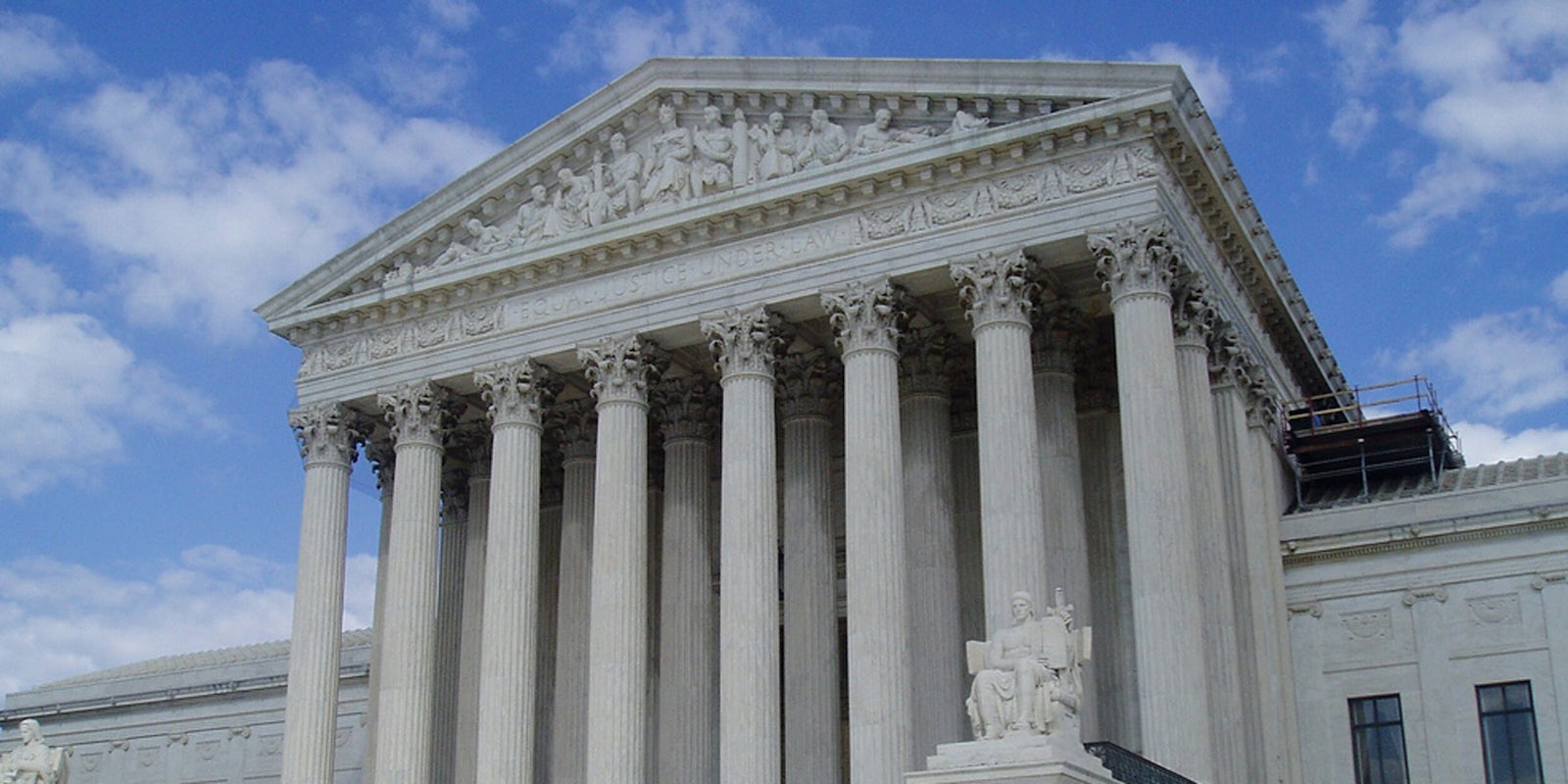A bipartisan group of prominent politicians filed several legal briefs on Tuesday in favor of ending political gerrymandering ahead of a highly anticipated Supreme Court case regarding the practice.
The briefs argue in favor of ending gerrymandering, or the drawing of political districts in states to favor one political party over another.
Several Republicans and Democrats including Sen. John McCain (R-Az.), Ohio Gov. John Kasich (R), former Republican presidential nominee Bob Dole, former California Gov. Arnold Schwarzenegger, Sen. Tammy Baldwin (D-Wis.), and Sen. Sheldon Whitehouse (D-R.I.) signed onto separate briefs arguing against the practice.
“Americans do not like gerrymandering. They see its mischief, and absent a legal remedy, their sense of powerlessness and discouragement has increased, deepening the crisis of confidence in our democracy,” the brief from McCain and Whitehouse reads. “Partisan gerrymandering has become a tool for powerful interests to distort the democratic process.”
The Supreme Court is scheduled to hear Gill v. Whitford, a case stemming from Wisconsin after federal judges ruled state lawmakers unconstitutionally drew the boundaries of the state’s districts to favor Republicans. The Supreme Court has never ruled on whether redistricting maps for partisan purposes can be unconstitutional.
While gerrymandering is currently seen as a benefit for Republicans—16 or 17 current Republican seats in the House of Representatives are believed to be the result of gerrymandering, according to one estimate—the practice has been used by both political parties for decades.
However, in modern times, the ability to draw districts in favor of one party has become increasingly sophisticated.
“In recent years the two major political parties, leveraging the technologies of the modern age, have intentionally and systematically excluded each other from state legislatures like never before,” reads another brief signed by dozens of current and former lawmakers. “Democrats rigged the maps in Illinois, Maryland, and Rhode Island, while Republicans did so in Wisconsin, Michigan, Ohio, Pennsylvania, and North Carolina. This was done to entrench one party at the expense of the other, not to enact policy beneficial to the people.”
The Supreme Court is scheduled to hear Gill v. Whitford on Oct. 3.

